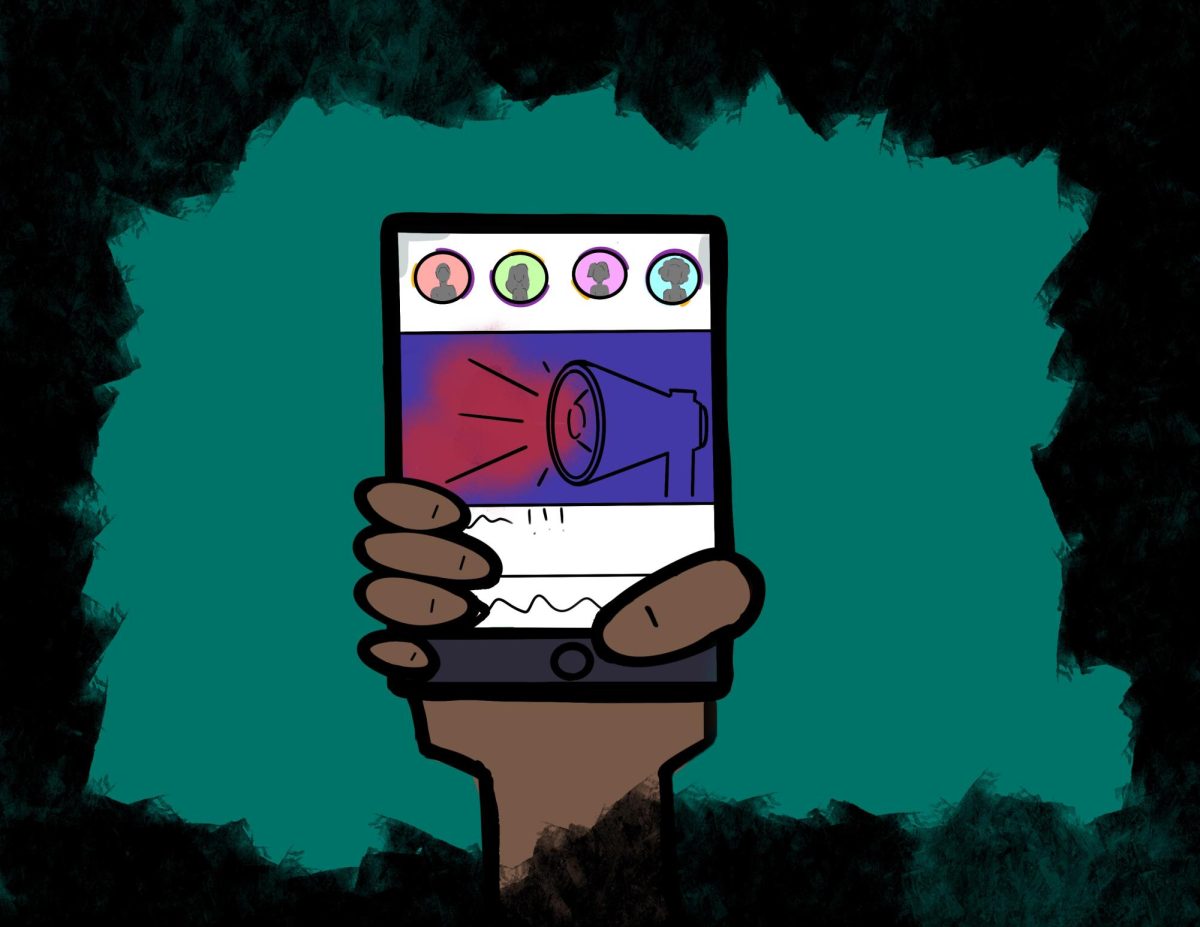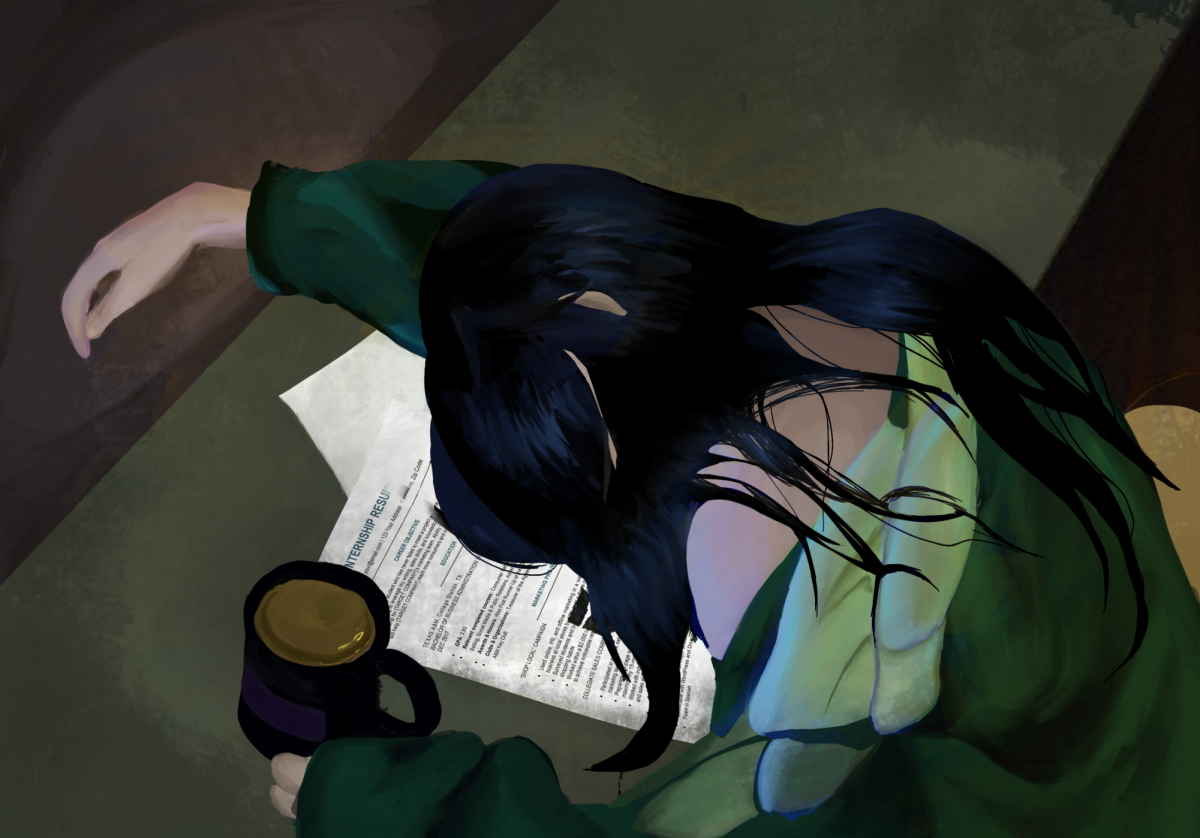There may be something innately human about believing the world is on the brink of a cataclysm. We shouldn’t blame ourselves. From religious prophecies to cable news, the doomsday clock has been ticking for millennia. Reminders of an inevitable demise are everywhere, as if the real world wasn’t troubling enough.
Headlines read “UN Warns of Sixth Mass Extinction,” and the Discovery Channel insists bubonic plague is back on the rise. However, apocalyptic anxiety penetrates what feels like every sector: government, business, entertainment, and, most notably, tech.
It’s not difficult to envision a pretty terrifying future regarding artificial intelligence. The industry’s most recent debacle concerns how much of OpenAI’s software should be open-sourced. As a for-profit company, investors quarrel over how much of its technology can be bought, modified, and distributed.
OpenAI was made to capacitate mechanical systems to perform human tasks and solve human problems. Not surprisingly, many people question the legitimacy of “responsible AI.” Taking to X (formerly Twitter), venture capitalists argue open-sourcing the company’s proprietary code is a national security threat comparable to the Manhattan Project.
It sounds ridiculous because it is. In the 1950s, fears of the H-bomb and government intelligence falling into the wrong hands were even more vivid than they are now. So why is our current media even more bleak? Why are the most outlandish anxieties packaged as urgent threats? It’s all thanks to what sociologist Barry Glassner calls a Culture of Fear.
Fear sells, and nothing is scarier than the end of the world. We pay attention to things that could hurt us, and the 24-hour news cycle provides us with more overwrought speculation than we have time to absorb. It’s unnerving how easily this rhetoric, coupled with exaggerated computer imagery, can captivate us. And with viewership comes profit.
In the case of OpenAI, the company was worth approximately $15 billion in 2021. Fast-forward to 2024, OpenAI is now valued at $80 billion. I think this impressive valuation reflects people’s belief in AI’s potential, but also their hope that CEO Sam Altman will effectively mitigate its risks. It’s a business strategy: the more dangers assigned to the technology, the more faithful investment flows in. Altman just put a $7 trillion price tag on his AI-powered utopia, and the fact that we are even contemplating this figure is mind-boggling to me.
In reality, it’s extremely unlikely that a single AI system could conquer humanity, at least not in our lifetime. Maybe there’s a part of our collective psyche that actually wants a catastrophe to occur simply because we’ve prepared to witness it for so long. Or maybe fatalism is just a way of expressing our general dissatisfaction about the world and we’ve resigned from the prospect of making amends.
We’ve grown apathetic, and that’s my criticism against excessive fear in media and popular culture. On the whole, apocalyptic narratives and the potentiality of future events are too elastic. Which scenarios are even probable? Between birds falling out of the sky, double-dip recession, and grade inflation, there’s too many remote challenges portrayed as the end-all-be-all. With media outlets experiencing editorial and advertising budget cuts, they’re willing to do anything to gain our attention, and this means restricting transparency around what poses an actual threat.
Muddled with sci-fi nightmares come the crises that really do deserve our consideration. Sure, climate change through an apocalyptic lens makes for good television, but it doesn’t mobilize people into action. If anything, it overwhelms and desensitizes us from addressing the human-caused trends happening at this very moment.
From Sam Esmail’s Leave the World Behind to Squid Games, dystopian stories amplify our curiosity. They’re an escape from the complicated problems we find in the real world but they’re also a distraction. Melting ice caps, deforestation, and overpopulation are not issues confined to a fictional setting. We need to take on a realistic perspective and abstain from wallowing in imagined scenarios when there’s plenty in real life to confront.
We can’t live in fear of the inevitability of certain threats, and our collective anxiety should not dissuade us from taking on the responsibility of being changemakers. In the way that building a zombie-proof bunker won’t solve society’s state of violence and civil unrest, colonizing Mars won’t stop global warming.
Finally, I’d like to revisit AI because it seems to be the most distressing threat on the horizon. Does Sam Altman honestly think funneling trillions of dollars into massive-scale AI infrastructure is a good use of money? There’s already real-life ramifications of AI that need tending to, and by ignoring them, there may come a time when we do need to sound the alarm. But for now, there’s no need to waste energy preemptively saving ourselves from an imaginary AI takeover.
These seem like depressing thoughts for my final column with The Claw, but rest assured, not all hope is lost. I think Gen Z has the ambition to embrace innovation and revise the narrative about our future. Guided by intense idealism, I don’t think we’re ready to accept the fate of the world for what others tell us it is.
As part of the journalism program, I’ve never been more engaged with what the press has to say about the world around me. However, when it feels like the news industry is in a perpetual state of agony, I have little shame in opting out. Whether that’s walking my dog or reading a book, taking periodic breaks from bad news tends to renew my spirits.
At the end of the day, working together to act responsibly and vote for responsible leaders is what will get us through our current crisis. Gen Z can do its part by being smart media-consumers, and to that point, I urge you to refrain from treating TikTok as your primary news source. Its information is unreliable at best and dangerous at worst. There are medical, political, and environmental experts beyond the realm of social media who are far better suited to inform you than influencers.
The digital age is full of possibilities and can be a form of empowerment. If used to our advantage, technology doesn’t have to be a threat but a transformative resource capable of unleashing all kinds of creativity and development.
That being said, let’s train our attention on reality, not fantasy.
This doesn’t mean I like The Matrix any less.


